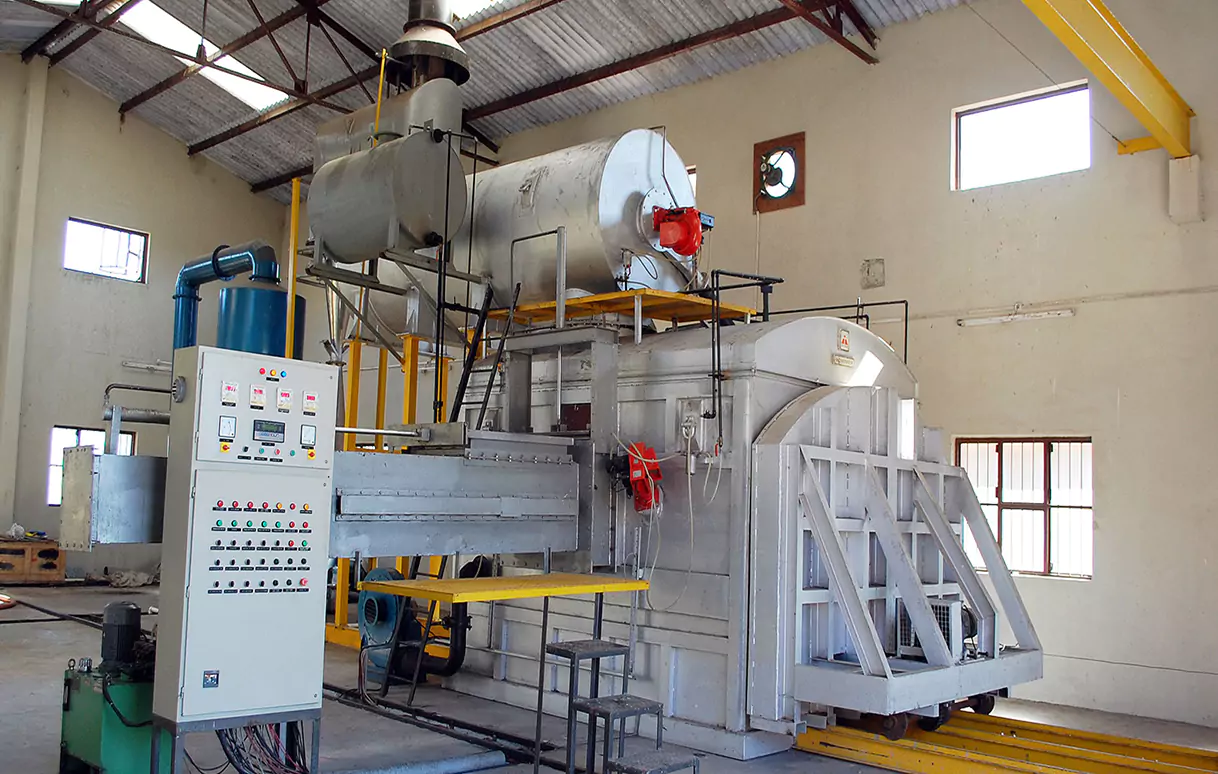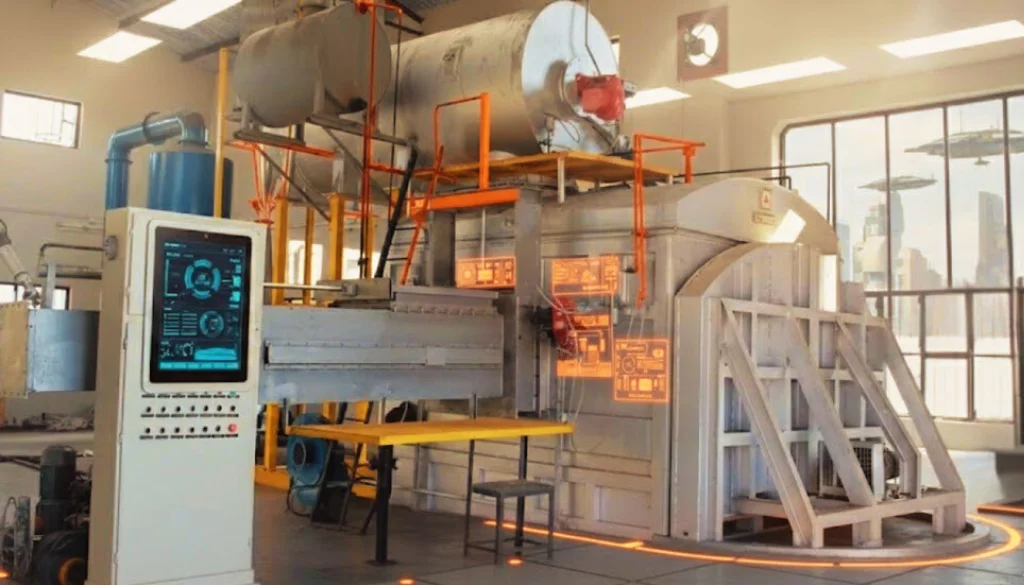Why Choose Alfa Therm Limited for Animal Waste Incineration?
With decades of expertise, Alfa Therm Limited provides advanced solutions tailored for veterinary practices, farms, and meat processing industries. As a reputed animal waste incinerator exporter, our systems are engineered to handle poultry, livestock, and pet waste with unmatched efficiency and eco-friendly performance.
Understanding Animal Waste Incineration
Animal waste incineration is a critical process for safely disposing of biological waste generated from veterinary practices, agricultural operations, and meat processing industries. This method involves high-temperature combustion to eliminate potentially hazardous pathogens, prevent environmental contamination, and comply with stringent regulatory requirements. Alfa Therm Limited’s Animal Waste Incinerators are designed to handle a variety of animal by-products efficiently while minimizing environmental impact.
Key Features of Alfa Therm Limited Animal Waste Incinerators
Alfa Therm Limited Animal Waste Incinerators are designed to provide safe, efficient, and environmentally responsible disposal of animal by-products and carcasses.
Eco-Friendly Design
Advanced pollution control for minimal environmental impact.
Custom Solutions
Tailored designs to handle diverse animal waste types.
Applications of Animal Waste Incinerators
Our Animal Waste Incinerators serve diverse industries and applications, including:
- Agriculture and Livestock Farms: Efficient disposal of deceased livestock and farm-generated biological waste.
- Meat and Poultry Processing Plants: Safe management of slaughterhouse by-products and organic waste.
- Veterinary Clinics and Animal Hospitals: Secure disposal of animal tissues, surgical remains, and medical waste
- Zoos and Wildlife Reserves: Handling of animal carcasses and organic refuse from large animal populations.
- Fish Processing Plants: Incineration of fish remains and other aquatic waste products.

Future of Animal Waste Management
As global agricultural and industrial activities continue to expand, effective animal waste management becomes increasingly essential for public health and environmental sustainability. Alfa Therm Limited remains at the forefront of this field, continuously innovating and improving our technologies to meet evolving regulatory requirements and customer needs.
Our Animal Waste Incinerators are a crucial solution for ensuring the safe, hygienic, and environmentally responsible disposal of biological waste. By choosing Alfa Therm Limited, industries worldwide benefit from cutting-edge technology, reduced environmental impact, and a commitment to sustainable waste management practices.



